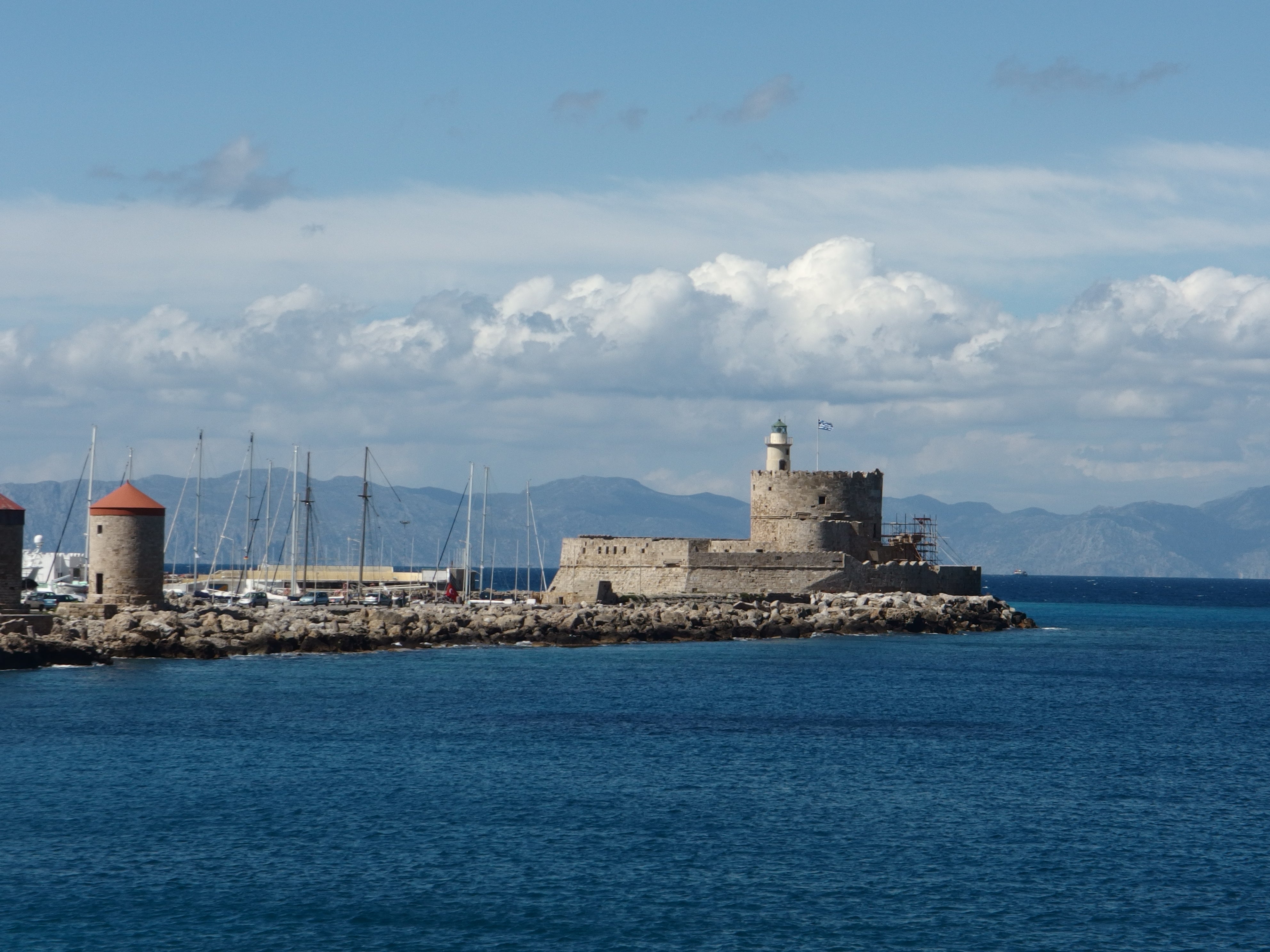Get used to travel complexity: you’ll need to pay attention post-Brexit
The Man Who Pays His Way: Those whom the gods would immobilise they first make mad

Your support helps us to tell the story
From reproductive rights to climate change to Big Tech, The Independent is on the ground when the story is developing. Whether it's investigating the financials of Elon Musk's pro-Trump PAC or producing our latest documentary, 'The A Word', which shines a light on the American women fighting for reproductive rights, we know how important it is to parse out the facts from the messaging.
At such a critical moment in US history, we need reporters on the ground. Your donation allows us to keep sending journalists to speak to both sides of the story.
The Independent is trusted by Americans across the entire political spectrum. And unlike many other quality news outlets, we choose not to lock Americans out of our reporting and analysis with paywalls. We believe quality journalism should be available to everyone, paid for by those who can afford it.
Your support makes all the difference.At the start of the year, travel to Europe was simplicity itself: every coastline, cafe and cultural icon was within easy reach. Today, the British holidaymaker must navigate through a coronavirus flow chart of infuriating complexity.
This, fellow travellers, is what 2020 has become. Those whom the gods would immobilise they first make mad, starting with the travel rules pertaining to the UK nation you live in. Will my country’s law allow me to travel out for fun – or, more importantly, to see loved ones? (For England, that’s a “no” until 3 December at the earliest.)
Does the Foreign Office regard the location as “unacceptably high risk”, invalidating standard travel insurance? Must I quarantine on return? Those are just the concerns from the UK perspective. The go/no-go questions continue…
Will my chosen destination let me in? For many, pleasure trips are banned – and even compassionate journeys will be tested. “Essential personal reasons are assessed on a case-by-case basis at the border check,” says the Finnish Border Guard.
Nations heavily dependent on tourism are more welcoming, but impose their own sets of hurdles.
In the case of Greece, you must complete a tricky passenger locator form at least 24 hours before you arrive; thousands of family holidays this summer have been wrecked because of non-compliance with this stipulation.
Increasingly, destinations demand pre-departure testing. But what kind? Will a quick and cheap antigen test suffice, or must it be the slower but more accurate PCR? How long in advance? Is that ahead of departure or arrival?
I can’t wait to visit Spain’s Canary Islands, now off the UK’s “no-go” list, but in these testing times the rules are a’changing. For the coming week, a quick and relatively cheap antigen test will suffice, and visitors staying in private accommodation are exempt. But from 23 November, the government in Madrid has mandated a PCR test, taken in the 72 hours prior to departure.
“I’ll go to Greece, then,” you might conclude – knowing that Corfu, Crete, Kos, Rhodes and Zante were singled out to retain quarantine-free status in the latest round of self-isolation bingo. But another key question: can I get to or from my destination without changing planes in a “no-go” location such as Athens?
The final departures from any of those islands to the UK for the rest of the winter take off on Saturday afternoon from Rhodes to Gatwick and Manchester. Transport secretary Grant Shapps was only teasing when he suggested you could make a midwinter visit to a gorgeous Greek island without (a) a private jet or (b) self-isolating on return.
Fortunately, this tangle with red tape is precisely the warm-up that British travellers need ahead of the end of the Brexit transition period. Journeys to and from the European Union are about to get much more complicated.
Was my passport issued more than nine years, six months ago? How much will travel insurance cost me now that my Ehic card is useless? Have I got the right international driving permit and insurance “green card”? How long will the queue at Dover and Folkestone be? (The National Audit Office last week warned of waits of two hours in January, much longer in summer.) Plus many more.
And unlike coronavirus, fellow travellers, the UK voted for it.



Join our commenting forum
Join thought-provoking conversations, follow other Independent readers and see their replies
Comments